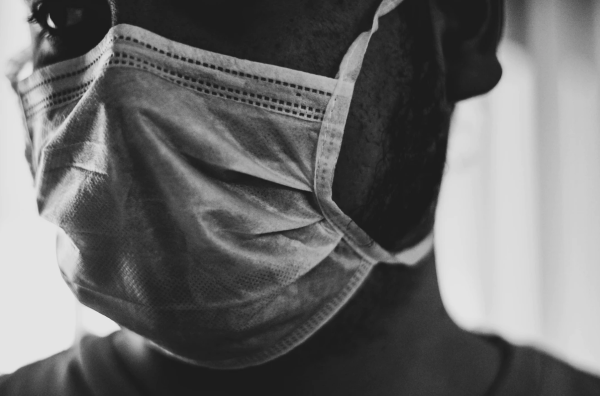Recognizing and Addressing Racial Health Inequities
Across the United States, the racial divide among who is becoming infected with and dying from COVID-19 is impossible to ignore.
According to a report—the Color of Coronavirus—by AMP Research Lab, the COVID-19 mortality rate for Black Americans is 2.4 times higher than the rate for White Americans. And, the report notes, “In Arizona, the Indigenous mortality rate is more than five times the rate for all other groups, while in New Mexico, the rate exceeds seven times all other groups.” The disparity does not come as a shock for people who have understood the impacts of institutionalized racism on long term health.
One of the people I’ve been looking to for wisdom in the wake of the coronavirus pandemic is my colleague Dr. Uché Blackstock. She is quoted at length in a number of articles I’ll link to below:
Racial health disparities already existed in America— the coronavirus just exacerbated them
Navajo Nation Has Most Coronavirus Infections Per Capita In U.S., Beating New York, New Jersey
Racial Health Inequities Compounded by COVID-19
This work is not new to Dr. Blackstock. As the founder of Advancing Health Equity, she has committed herself to help individuals and organizations recognize and shift their own unconscious biases.
In a note on her website, she writes,
The racialized health inequities that have always existed in this country have now been exposed in the harsh light of the COVID19 pandemic.
Across the country, Black communities, especially, are being most harshly impacted. Our communities are in a crisis within a crisis. We will have to be collaborative and innovative as we strategize to identify structural solutions to address current COVID-19's racialized health disparities.”
As we move forward and work to address racial inequities, I am so grateful for the work and voice of Dr. Blackstock. We must take stock of what we can do to undo the circumstances that put so many Americans unnecessarily at risk.

